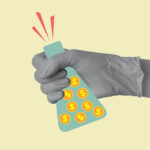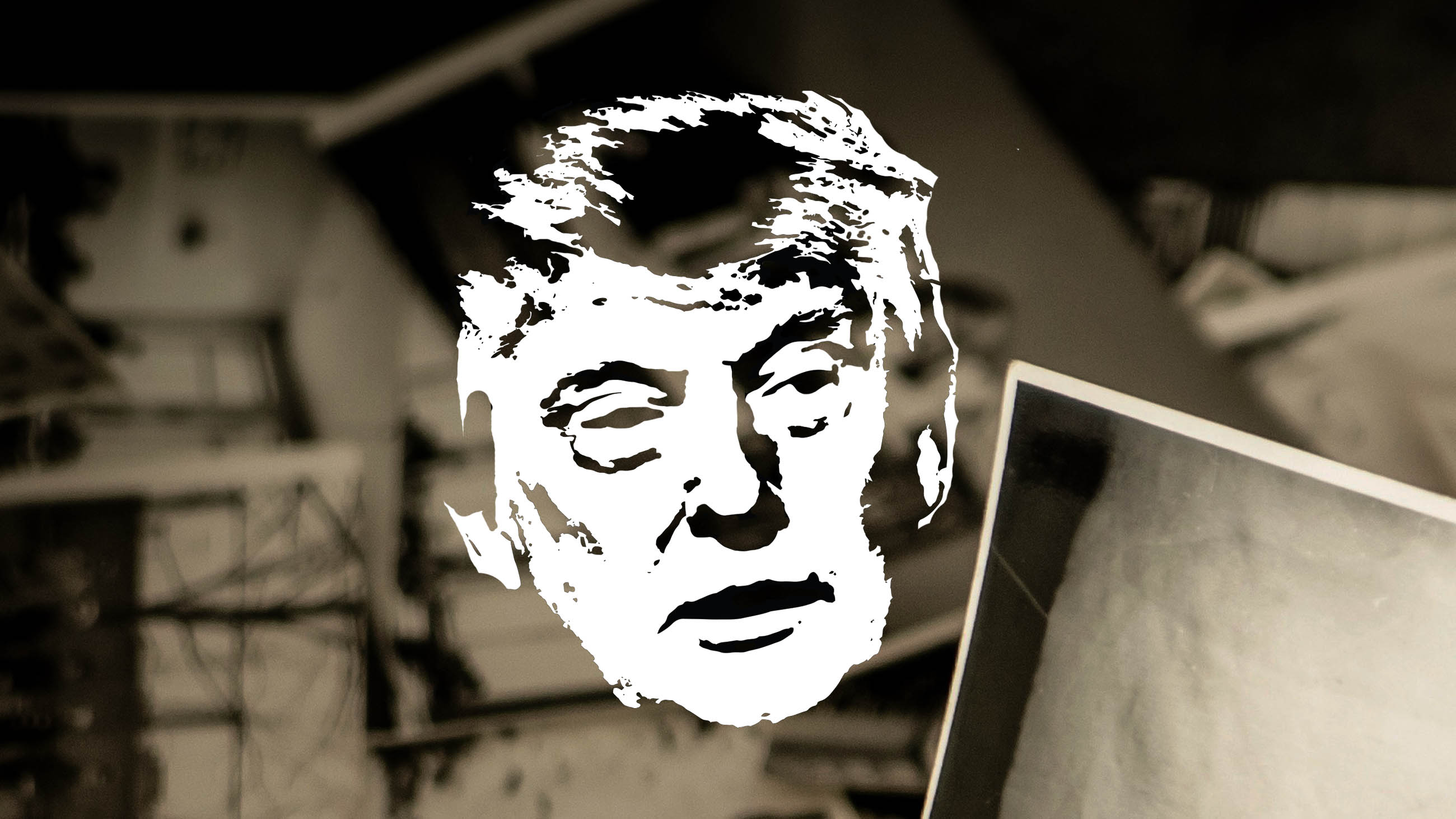Approach With Caution: Nostalgia Is a Potent Political Agent
Ayear has passed since Donald Trump’s highly unorthodox ascension to the White House, and many people are still asking how he accomplished such a feat. While Russian interference in the election dominates the conversation, there was another force at play that shouldn’t be ignored: the power of nostalgia. Using the slogan “Make America Great Again,” Trump didn’t simply invoke the idea of an idealized past. He provoked the anxious feelings that make nostalgia especially attractive — and effective — as a tool of political persuasion.

It was a Swiss medical student, Johannes Hofer, who coined the term “nostalgia” in 1688, joining the Greek terms nostos (return to the native land), and algos (pain) to describe what he believed was a brain disease specific to Swiss soldiers and mercenaries longing to return to their Alpine homes. Soldiers suffering from nostalgia exhibited a wide range of symptoms such as anxiety, insomnia, and loss of appetite.
Hofer and his contemporaries viewed nostalgia as confined to the Swiss, but the “disease” was later observed among soldiers across Europe and beyond. Physicians during the American Civil War documented thousands of cases of nostalgia among Union soldiers.
In the present day, the term has taken on a more benign, even pleasing aspect — so much so that many people would be surprised to learn that nostalgia was ever considered a neurological disease. Today, it is a prominent dimension of consumer and social life, as movies, television programs, music, video games, and fashion trends from one’s youth are cyclically revisited and reimagined, or as we reconnect with family and old friends through social media.
An international team of behavioral scientists that I am a part of has now reconciled the historical notion of nostalgia as a disease with the more contemporary view of it as a desired and pleasant experience. I believe this research helps reveal the potential political power of nostalgia — a concept that is closely tied to a complex mix of emotions like sadness, loneliness, loss, and fear. But it’s important to remember that nostalgia is the response to, not the cause of, these negative states: When the present is distressing, people often look to the past for guidance.
Our work suggests that nostalgia acts as a psychological resource that helps people cope with life’s stressors and uncertainties. When people are prompted to reflect on cherished memories or are presented with stimuli like music or imagery that triggers nostalgic feelings, they subsequently experience increased positive mood, self-esteem, feelings of belongingness, and perceptions of meaning in life. Nostalgia can be a bittersweet emotion, but its net psychological effect is positive.
Critically, contrary to popular opinion, nostalgia isn’t simply a retreat to the past. It would be more accurate to describe nostalgia as an effort to bring the past to the present to help with current stressors and goals. When people engage in nostalgic reflection, they subsequently report feeling more confident, motivated, and optimistic about the future. Nostalgia mobilizes and energizes people.
What does this have to do with politics? Based on research elucidating the psychology of nostalgia, it is reasonable to suspect that broader social and cultural anxieties and uncertainties would make nostalgia an especially potent political tool. Social commentators noted that nostalgia related to popular culture appeared to increase in the United States in the wake of the Great Recession. CNN declared 2011 the “year of nostalgia.”
Consistent with this idea, in studies our team conducted, we observed that the more people reported having major disruptions and uncertainties in their lives, the more they nostalgically longed for the past. To test this experimentally, we divided college students into three groups, presenting one group with information describing the college years as a time of unpleasant change in which they are likely to question their values, beliefs, and goals, while the other groups were prompted to think about their college years as a time of positive change and growth, or a time of stability.
Compared to participants in the positive change and stability conditions, those in the unpleasant change condition exhibited heightened nostalgia on a questionnaire measuring feelings about the past. This suggested that the mere fact of change does not necessarily induce nostalgia. It is specifically change that is perceived as unpleasant, and change that makes people anxious about the world and their place in it, that can drive the mind to yearn for the comparative safety and security of a perceived past.
Of course, there is a real distinction between personal nostalgia, which involves memories connected to one’s own past experiences, and historical nostalgia, which is a more general longing for a time that may or may not include one’s own life. The two can overlap, and negative emotional states do sometimes trigger a general longing for “the good old days.” But more research specifically targeting historical nostalgia is needed.
Still, multiple lines of research identify nostalgia as a psychological resource that can be useful in countering negative emotional states and even inspiring goal-directed action, though we must be vigilant against the allure of a false nostalgia — something that the Trump campaign proved particularly adept at provoking. After all, when people fixate on one aspect of the past that they perceive positively, they may be disinclined to consider the less desirable features of that time in history — such as the lack of equal rights for many Americans.
Perceptions of the past can also be inaccurate. Time allows us to make sense of and extract meaning from the past, but this process can also lead us to romanticize it — the rose-colored glasses effect.
It is also important to make clear that the threat of a false nostalgia transcends political ideology. People often associate historical nostalgia with conservativism. But liberals enjoy their own version. For example, the anti-Western colonialism movement that has seduced many progressives, particularly on college campuses, envisions a past in which non-Europeans lived in peaceful harmony. In this revisionist history, evidently, Western Europeans introduced the world to human cruelty and suffering.
Of course, such a view ignores the reality of human interpersonal and tribal conflict, which has always involved violence and war in the service of survival, reproduction, and meaning. Many anti-modern medicine and industrial farming beliefs also involve a false nostalgia that ignores a history of disease pandemics and mass starvation.
The research shows that nostalgia has the power to mobilize and inspire people when they’re most vulnerable. Trump’s campaign was able to tap into those anxious feelings that make it such a potent psychological tool. He wasn’t the first to do it, and likely won’t be the last.
Clay Routledge is a professor of psychology at North Dakota State University, and the author of “Nostalgia: A Psychological Resource” and “Supernatural: Death, Meaning, and the Power of the Invisible World,” to be published in early 2018.











Comments are automatically closed one year after article publication. Archived comments are below.
I read this whole article and I have no idea why the author thinks nostalgia is bad
I think it must needs be that dyslexia of brain functions gives rise to meaning one thing while expressing repressed painful others, like neuralgia, mastalgia, cephalgia, Trumpfalgia. However, my mind forgets this faster than, I forgot what… Uh, what 2020 might bring. Dems have a great lineup I’m confidant shall succeed!
Great idea. Can’t wait !